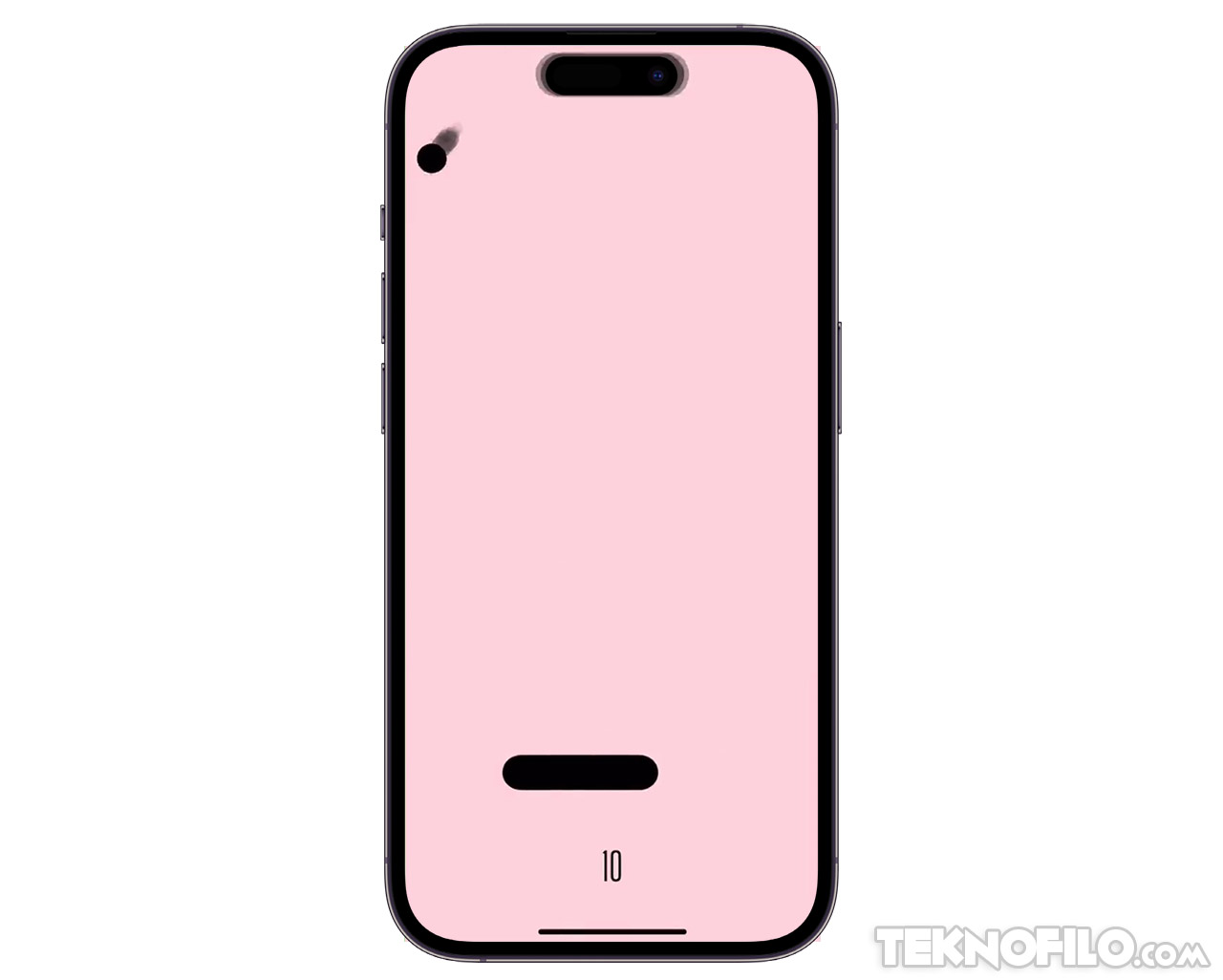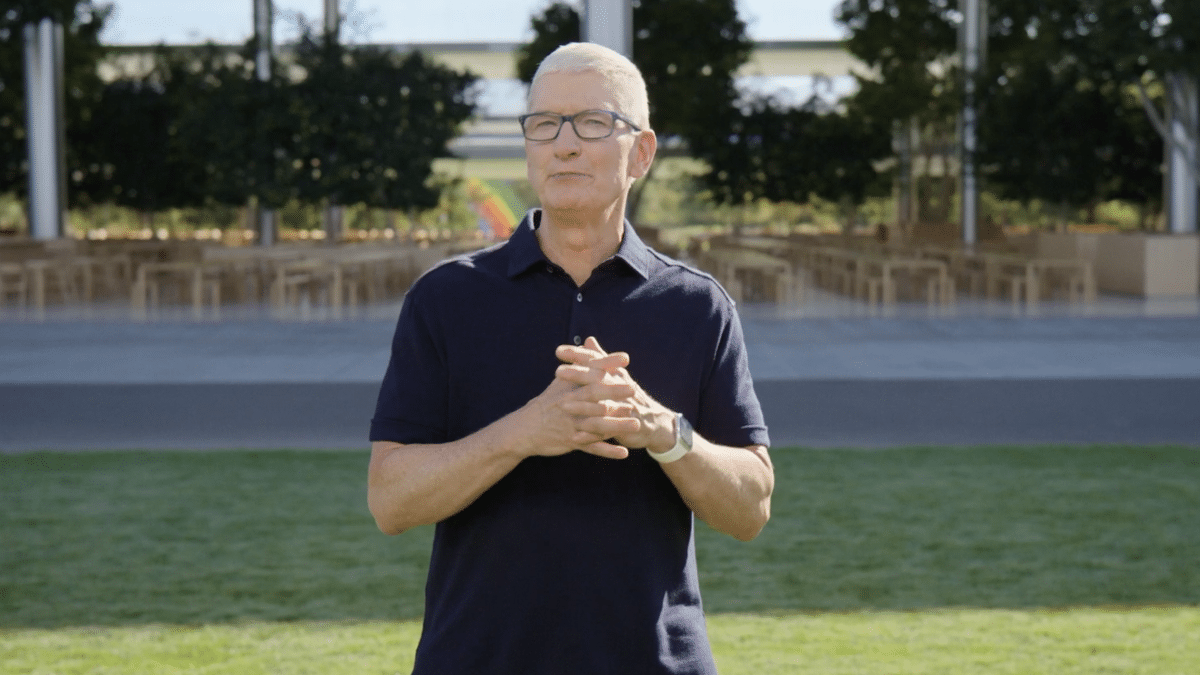Not the hardware, but the business model should be the big stumbling block in Apple’s entry into satellite communication with the iPhone. This was announced by the analyst Ming-Chi Kuo after a survey in supplier circles. The expert from TF International Securities from Taiwan has repeatedly been able to contribute advance knowledge about Apple’s hardware due to his contacts in the past.
Is introduction still open?
According to Kuo, Apple was able to complete the hardware for satellite communication while developing the iPhone 13. That would fit in with the fact that there has been talk of such a function for years. What was missing was the business model, which Apple was unable to negotiate in good time. With the recent rumors and Starlink’s advance in the US, observers believe it is very likely that Apple could introduce the ability to connect the iPhone to satellites now. Kuo, on the other hand, apparently still sees a possibility that the feature will be canceled at the last minute. The introduction with the iPhone 14 depends on whether Apple can come to an agreement with the satellite operators – very likely GlobalStar.
According to Kuo, the satellite connection will be used for text and voice emergency calls. This function makes sense in times of increasing natural disasters and geopolitical conflicts. However, he does not talk about the possibility of sending iMessages anytime and anywhere. This had been heard in rumors from other sources. Apple is introducing its new iPhones on September 7th.
competition is on the rise
According to the analyst, the pressure to introduce satellite communications is increasing. Huawei will present its new Mate 50 model at a media event on September 6th. Kuo writes that this will most likely allow emergency messages to be sent in text form via satellite. The basis for this is the Chinese navigation satellite network BDS (BeiDou Navigation Satellite). Huawei’s entry could help make satellite communication support a must-have for smartphones.







